In-depth review of the BOBLOV M7 Pro 4K Body Camera
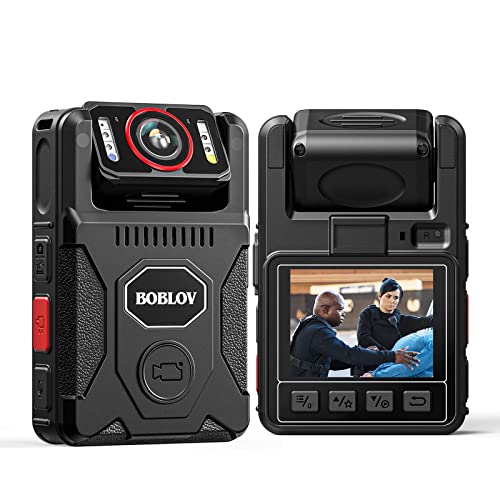
A comprehensive examination of the features and functionality of the BOBLOV M7 Pro 4K Body Camera
https://acticams.com/articles/in-depth-review-of-the-boblov-m7-pro-4k-body-camera

A comprehensive examination of the features and functionality of the BOBLOV M7 Pro 4K Body Camera
https://acticams.com/articles/in-depth-review-of-the-boblov-m7-pro-4k-body-camera
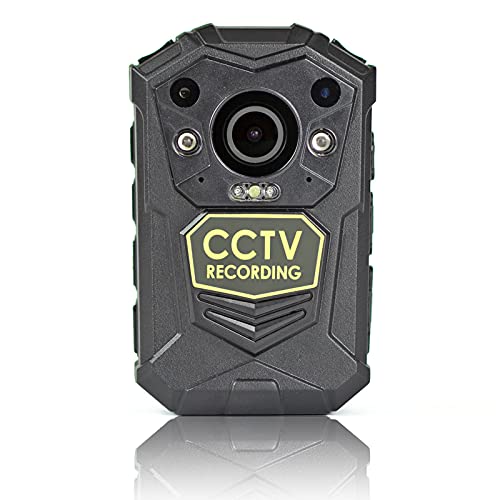
Reviewing the cutting-edge capabilities of the RX-3 PRO, a bodyworn camera equipped with high-tech night vision technology
https://acticams.com/articles/rx-3-pro-review-high-tech-night-vision-bodyworn-camera
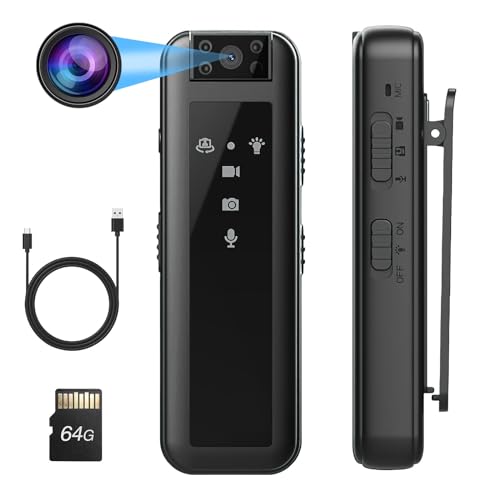
A compact and powerful recording device for the highest level of surveillance – the WAKERUG Mini Body Camera
https://acticams.com/articles/wakerug-body-cam-ultimate-surveillance
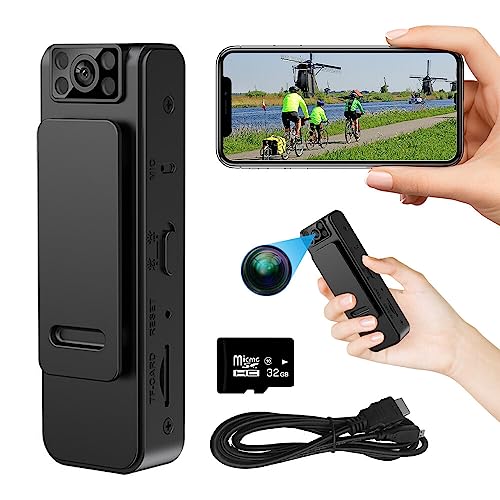
Introducing the Next Generation of Body Cameras: The Enhanced CJBIN Body Camera with Unparalleled Audio, Video, and Night Vision Capabilities
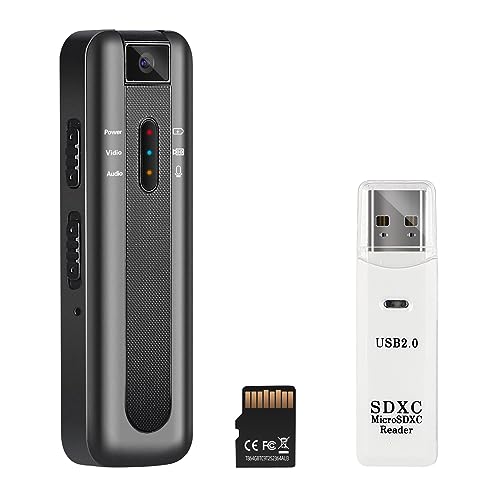
A detailed evaluation of the SPIKECAM Ultra-Light 28g small body cam and its performance
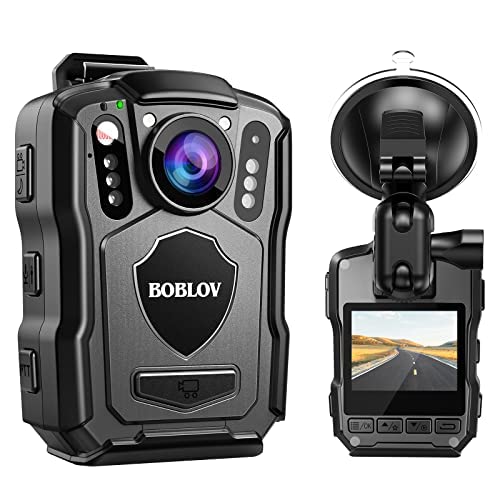
A game-changer in surveillance technology, the BOBLOV M5 2K Body Camera redefines excellence with its exceptional audio capabilities
https://acticams.com/articles/boblov-m5-audio-enabled-excellence
Body electronic cameras have become a vital tool for law enforcement agencies throughout the country, providing various benefits in guaranteeing accountability and openness during interactions with the general public.
Body electronic cameras use a considerable benefit in having the ability to present an unbiased and accurate narrative of situations. By taping video from the officer's point of view, these devices develop a definitive account of interactions. This recorded material plays a crucial role in questions, supplying crucial evidence and assisting in the settlement of differences or grievances.
The use of body cameras has actually been found to promote favorable conduct amongst law enforcement officer and members of the general public. When officers know that their actions are being taped, they are most likely to adhere to established treatments and standards. Similarly, people who engage with police are more likely to stay composed and cooperative, understanding that their habits is being recorded for posterity.
The execution of body electronic cameras has actually become a crucial part in policing, providing an improved level of accountability and openness in police. These gadgets have the capacity to document interactions in between officers and the general public, consequently providing a method to guarantee that both parties are held accountable for their actions. The presence of body cams can likewise work as a deterrent against misconduct, as officers know that their actions are being taped, triggering them to exercise greater care and professionalism in their behavior.
Furthermore, body video cameras have the capability to improve public confidence in police. Their video can use an impartial record of occasions, helping to settle disagreements and counteract misinformation. This openness can promote a better connection between law enforcement and the neighborhoods they serve, eventually contributing to more unified and educated interactions.
Moreover, the usage of body cams has demonstrated an improvement in the gathering of proof, leading to higher rates of effective prosecutions and convictions. The recordings acquired from these gadgets can use crucial information in inquiries, presenting an unbiased paperwork of occurrences that can be used in legal procedures. This can result more trustworthy outcomes and higher obligation for everyone implicated.
Challenges of Carrying Out Body Video Camera Programs
Another obstacle is personal privacy concerns. Body cams are developed to catch video footage of interactions between policeman and the general public, which can raise questions about personal privacy rights. There are also worries about how the video footage is used and who has access to it. For instance, some fret that the footage could be utilized for purposes besides accountability and transparency, such as security or monitoring of people without just cause.
Furthermore, the execution of body camera programs presents logistical obstacles. Police officers should go through training to understand the right use of the cameras and follow department standards on when to trigger or deactivate them. In addition, technical difficulties consist of making sure the electronic cameras are functional and securely saving the taped video footage. In the lack of distinct policies and procedures, there is a capacity for the body video camera initiative to be inefficient or possibly detrimental.
The advancement of body cameras in policing practices will likely involve the incorporation of innovative functions such as live streaming and automated recording sets off. These features will make it possible for real-time observation of authorities interactions, allowing supervisors to evaluate situations as they occur, and avoid officers from controling the recording process, thereby improving the stability of the footage recorded.
In addition, the future of body cameras in policing practices will likely see improvements in data storage and management systems. As the volume of tape-recorded footage increases, companies will require effective methods to store, gain access to, and examine this data. Cloud-based storage options and advanced video analytics will play an essential role in handling the huge quantity of information captured by body cams. In general, the future of body cameras in policing practices holds great potential for enhancing accountability and transparency in police operations.

A game-changer in surveillance technology, the BOBLOV M5 2K Body Camera redefines excellence with its exceptional audio capabilities
https://acticams.com/articles/boblov-m5-audio-enabled-excellence
Body cameras are small, wearable electronic cameras usually connected to law enforcement officers' ' chests or headgear. These electronic cameras are designed to tape-record audio and video footage of interactions in between officers and the public during their shifts. The primary purpose of body web cams is to supply an unbiased record of events that can be used as proof in investigations and lawsuit.
When officers activate their body web cam, they begin taping audio and video footage of whatever occurring in front of them. Many body cams have a wide-angle lens to capture a broad view of the scene and make sure nothing is missed out on. Depending on the design, the video is saved firmly on the camera'' s internal memory or a cloud-based storage system.
Body webcams have an integrated feature that avoids video from being modified or deleted once recorded. This ensures the stability of the recording and helps preserve transparency and responsibility in police interactions. Officers are usually required to switch on their body webcams throughout all interactions with the general public to make sure that all encounters are properly documented.
Another benefit of body cameras is their ability to serve as a deterrent to potential crooks or assailants. Knowing that their actions are being taped can typically make people think twice before engaging in risky behaviour. In law enforcement, body cams have actually been shown to lower the variety of use-of-force incidents, as both officers and suspects are most likely to behave properly when being recorded.
Body cameras likewise have a positive impact on accountability and openness. By using a body camera, individuals are held responsible for their actions, leading to more ethical behaviour. Additionally, the video footage caught by body electronic cameras can be utilized to review and enhance practices within companies, assisting to construct trust with the general public and guarantee that procedures are followed properly.
Among the main benefits of body webcams is the ability to offer an objective record of occasions. With video footage these devices catch, officers and civilians can be held accountable for their actions. This can help avoid unjustified behavior on both sides and can supply valuable evidence in disagreements or legal procedures. In addition, body webcams have actually been revealed to decrease the variety of problems versus police officers, as people are less most likely to make incorrect allegations when they know their actions are being taped.
In addition to improving accountability, body web cams can likewise assist boost officer safety. By tape-recording interactions with the public, these gadgets can offer important evidence in the case of a run-in or dangerous circumstance. This can help safeguard both officers and civilians by giving an accurate account of what took place. Overall, making use of body web cams in police has been shown to positively affect openness, responsibility, and security for both officers and the general public.
Among the primary personal privacy interest in body electronic cameras is the possible intrusion of individuals' ' privacy rights. Officers who wear these cams while on responsibility continuously record their interactions with the public, raising concerns about when and where these recordings are suitable and who has access to them.
Furthermore, there are worries about the length of time these recordings are kept and who can access the footage. If not appropriately handled, these recordings could wind up in the incorrect hands, causing unneeded exposure of personal minutes or sensitive details.
As technology evolves, police must resolve these privacy concerns and carry out rigorous protocols to guarantee body electronic cameras are used responsibly and ethically. Stabilizing the need for openness with securing individuals' ' personal privacy rights is necessary in preserving public trust in using body cameras.